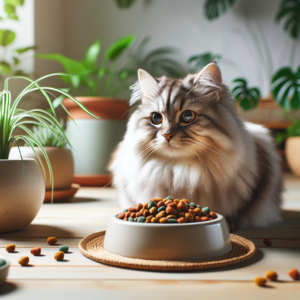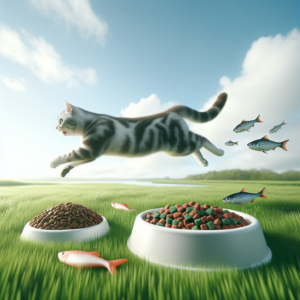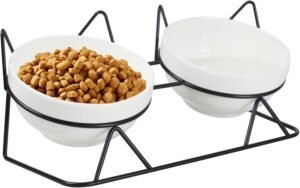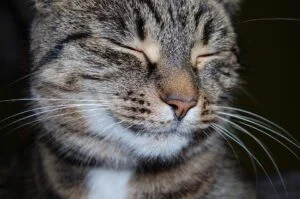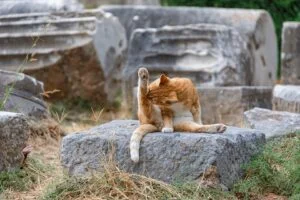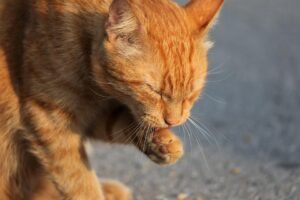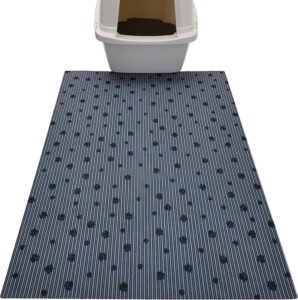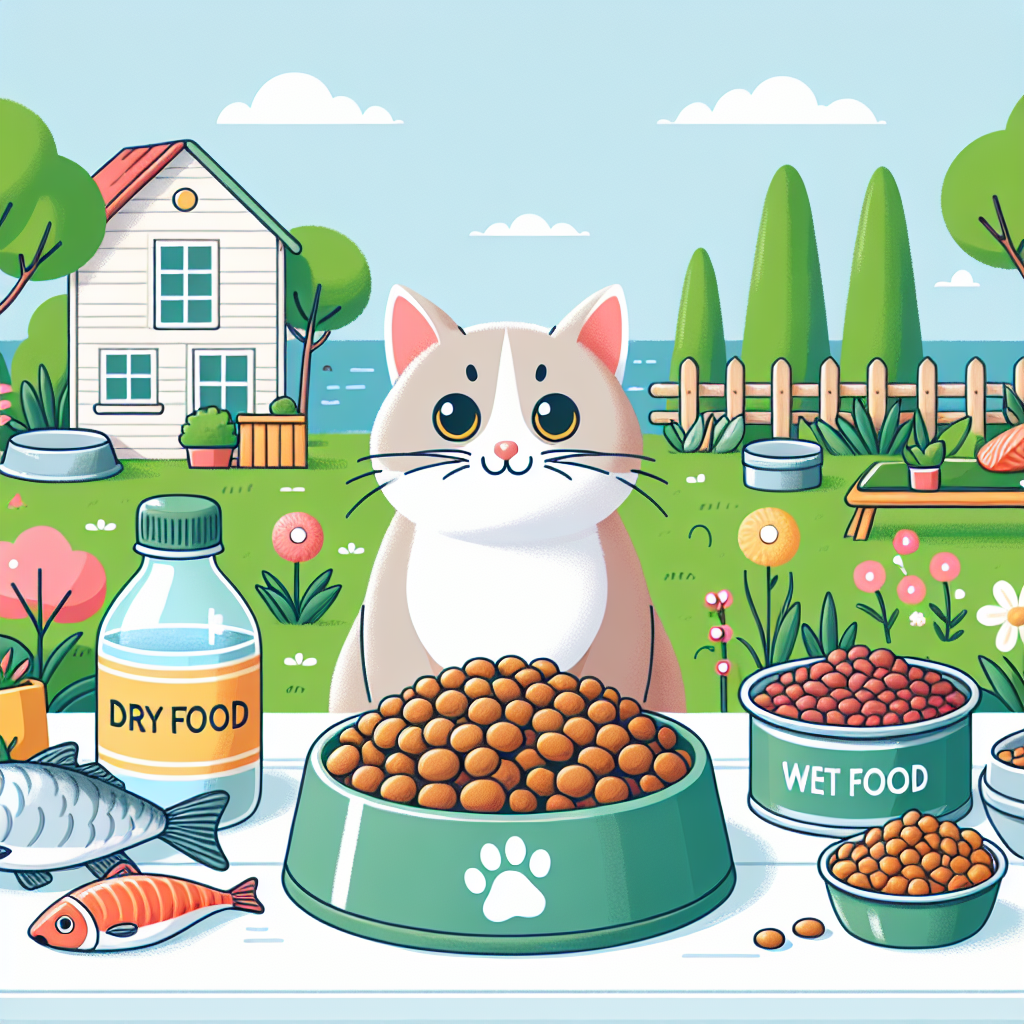
Introduction
Outdoor cats face a variety of challenges that indoor cats may not encounter, from coping with weather extremes to dealing with the added exertion of hunting or roaming. This makes it particularly important to ensure they receive optimal nutrition to support their active lifestyles and meet their unique needs. This article will discuss the essential dietary requirements for outdoor cats, how their needs differ from indoor cats, and practical tips for feeding them.
The Unique Needs of Outdoor Cats
Higher Energy Requirements
Outdoor cats generally require more calories than their indoor counterparts due to their increased activity levels. They often roam over larger areas, hunt, and play more vigorously than indoor cats, which means they burn more energy. A diet that is too low in calories can lead to weight loss and malnutrition, which can compromise their immune system and overall health.
Weather Adaptation
Outdoor cats are exposed to varying weather conditions, which can affect their nutritional needs. In colder weather, they require more energy to keep warm, while in hot climates, hydration becomes a priority. Their diet should be adjusted according to seasonal changes to ensure they receive the right nutrients to cope with environmental stresses.
Immune System Support
Outdoor cats are more exposed to pathogens and parasites than indoor cats. Therefore, they need a diet rich in vitamins and minerals to support their immune system. Essential nutrients like taurine, omega-3 and omega-6 fatty acids, and antioxidants are particularly important for outdoor cats to maintain their health and resilience against infections.
Essential Nutrients for Outdoor Cats
High-Quality Protein
Protein is crucial for outdoor cats as it provides the necessary building blocks for muscle development and repair. Look for cat foods that list specific animal proteins, such as chicken, fish, or beef, as the main ingredient. Animal protein is more digestible and contains all the essential amino acids that cats need, including taurine, which is vital for heart health and vision.
Healthy Fats
Fats are an essential energy source for outdoor cats. They provide concentrated energy and are necessary for the absorption of fat-soluble vitamins (A, D, E, and K). Omega-3 and omega-6 fatty acids, found in fish oil and flaxseed, help maintain a healthy coat and skin, reduce inflammation, and support cognitive function. An outdoor cat’s diet should include a balance of these healthy fats to promote overall well-being.
Carbohydrates
While cats are obligate carnivores and do not require carbohydrates in large amounts, some carbs can provide additional energy and fiber. Whole grains, such as brown rice and oats, can be included in moderate amounts to provide energy and aid in digestion. However, it is important to avoid cat foods with excessive fillers like corn and soy, which offer little nutritional value.
Vitamins and Minerals
Vitamins and minerals are vital for outdoor cats, as they support various bodily functions, including immune support, bone health, and metabolism. Key vitamins include A, B-complex, C, D, and E, while important minerals include calcium, phosphorus, magnesium, and zinc. A balanced diet should provide all these nutrients in appropriate amounts to prevent deficiencies and promote optimal health.
Water
Hydration is crucial for outdoor cats, especially in warmer climates. Always provide fresh, clean water and consider wet food options to increase their moisture intake. Cats often do not drink enough water on their own, so wet food can help ensure they stay hydrated, which is important for kidney function and overall health.
Choosing the Right Cat Food
Commercial Cat Foods
Commercial cat foods are available in various forms, including dry kibble, wet canned food, and raw diets. When selecting a commercial cat food for outdoor cats, look for ones that are specifically formulated for active or outdoor cats. These formulations often contain higher levels of protein and fat to meet their increased energy needs.
Homemade Diets
Some cat owners prefer to prepare homemade diets for their outdoor cats to ensure they receive high-quality ingredients. If you choose this route, it is crucial to work with a veterinarian or a pet nutritionist to create a balanced diet that meets all of your cat’s nutritional requirements. Homemade diets can be time-consuming and challenging to balance, so professional guidance is recommended.
Feeding Strategies for Outdoor Cats
Scheduled Feeding
Establish a regular feeding schedule to ensure your outdoor cat receives consistent nutrition. Scheduled feeding can help prevent overeating and obesity, as well as allow you to monitor their food intake. It also creates routine and predictability for your cat, which can be comforting, especially in outdoor environments.
Monitoring Weight and Health
Regularly monitor your outdoor cat’s weight and overall health. Look for changes in weight, coat condition, and energy levels, as these can indicate nutritional imbalances or health issues. Regular veterinary check-ups are important to ensure your cat remains healthy and to adjust their diet as needed.
Providing Shelter and Safe Feeding Areas
Create a safe and sheltered feeding area for your outdoor cat. This can help protect them from adverse weather conditions and ensure they feel secure while eating. Additionally, it helps prevent other animals from accessing their food, ensuring your cat receives the nutrition intended for them.
Conclusion
Outdoor cats have unique nutritional needs that require careful consideration. By providing a diet rich in high-quality protein, healthy fats, essential vitamins and minerals, and adequate hydration, you can support their active lifestyle and overall health. Whether you choose commercial cat food or a homemade diet, it is important to ensure it meets all of your cat’s nutritional requirements. With the right nutrition, your outdoor cat can thrive and enjoy a long, healthy life.
